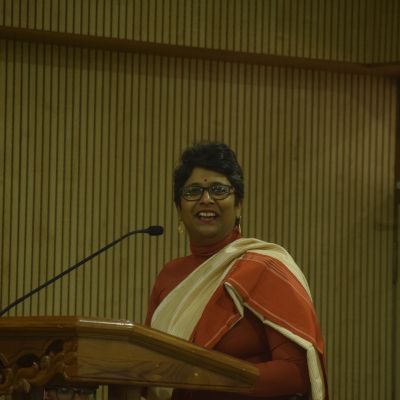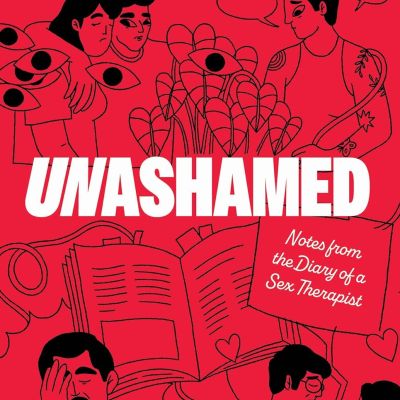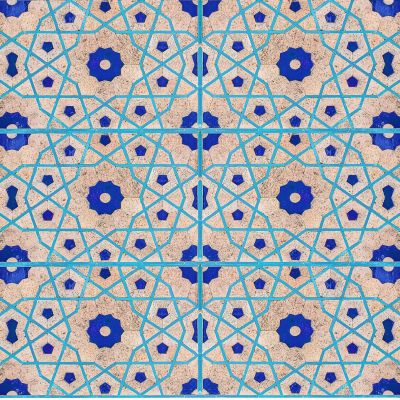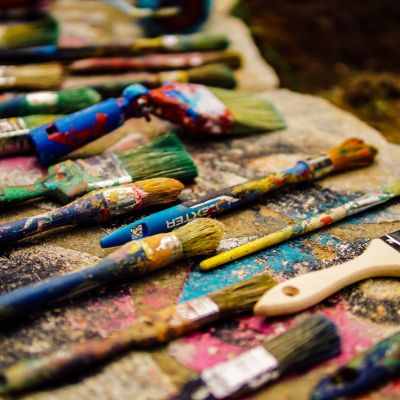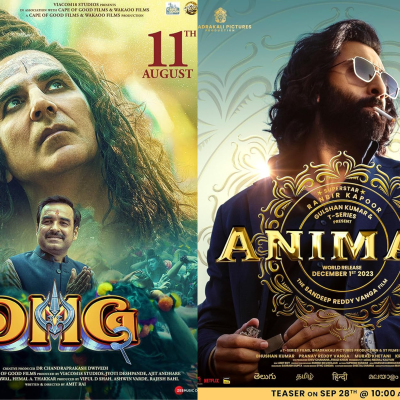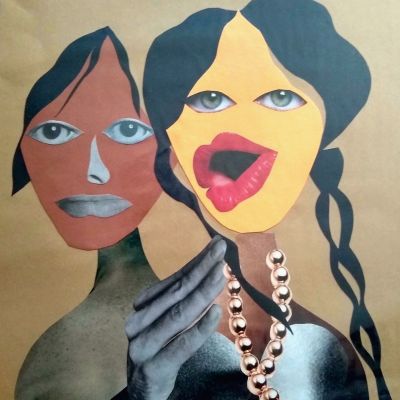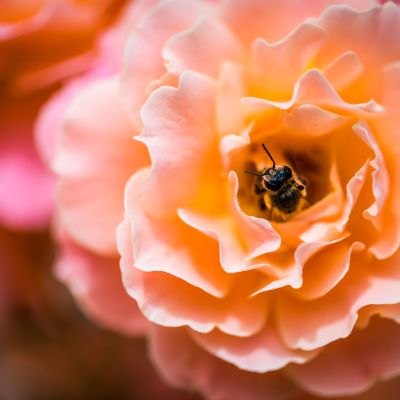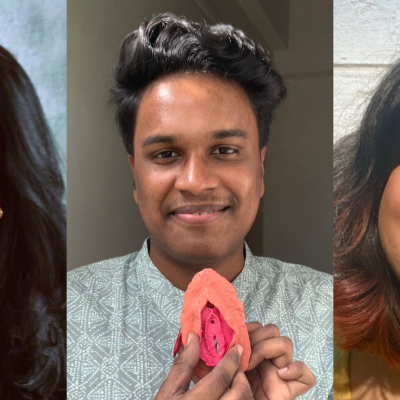Comprehensive Sexuality Education
Consent cannot be a singular lesson plan. We need to reimagine the ways in which consent can be integrated into our curriculum content, conversations, and how we role-model it.
Each time a child or adolescent asks a question that may be (even indirectly) related to sexuality, many parents and teachers get squirmy and nervous. This may be because they themselves do not have the information required, but in most cases, it has more to do with the ‘hush-hush’ that surrounds sexuality.
I feel that parents, teachers and CSE can make room for these disparate realities of adolescents by first acknowledging the limits of formal sexuality education, that the curriculum imparted formally fails in providing the kind of learning that happens through other sources.
A child’s social environment in their foundational years plays a critical role in shaping their worldview and influences their responses and the way they communicate with their peers.
Despite the lack of a formal Comprehensive Sexuality Education (CSE) curriculum in place in India, there has been a growing interest in providing CSE programmes in schools.
What makes Unashamed particularly effective within the framework of CSE is Bhat’s unwavering commitment to an inclusive and affirming perspective.
My mother’s openness gave me a profound glimpse into how deeply conversations – or their absence – shape our sense of self.
Aria walked into her school’s auditorium, giggling with the rest of the girls, because they were about to have their very first Sex Ed workshop.
It’s clear Ms. Nisha is not here to shame them or lecture them. She’s here to give them words when they have none.
आख़िरकार, व्यापक यौनिकता शिक्षा का मतलब सिर्फ़ ज्ञान देना ही नहीं है। हम ऐसे सक्षम शिक्षक चाहते हैं जो हमारे यौन अनुभवों को संबोधित करने के लिए कला, नृत्य, संगीत, रंगमंच जैसे कई तरीक़ों को शामिल करते हैं और हमें आगे जाकर ऐसे अनुभवों के लिए तैयार करते हैं।
We decided to watch Animal and OMG 2 and found that both the movies bring up many of the issues that we work on.
Now, what you need is a good enough smartphone and sufficient data – these are the real “superstar” in the love affair between Big Tech and CSE.
While there is an oversaturation of information on sexuality, accurate, inclusive and affirming information is few and far between. Comprehensive Sexuality Education (CSE) offers us multiple pathways to address these dilemmas.
After all, comprehensive sexuality education is also not just about knowledge giving. We want experiential educators who include the modalities of art, dance, music, theatre, etc., to address our lived sexual experiences.
We requested some sexuality educators to speak on some of the priorities they identify, and also to share directions towards possible ways that could move us forward together in the Comprehensive Sexuality Education landscape, keeping in mind that there are many different constituencies and interest groups involved.



